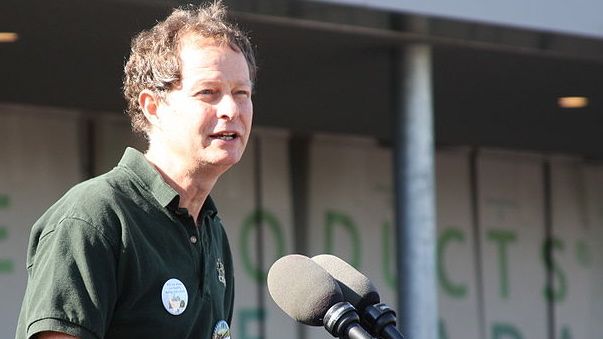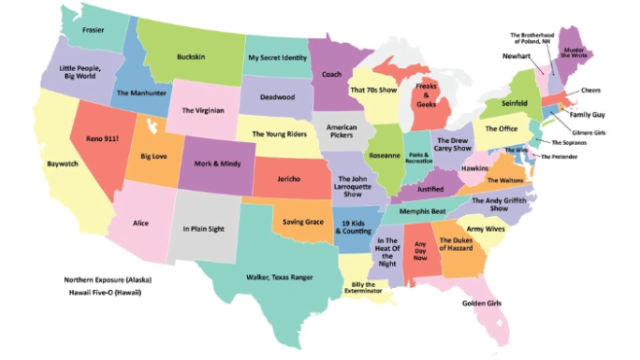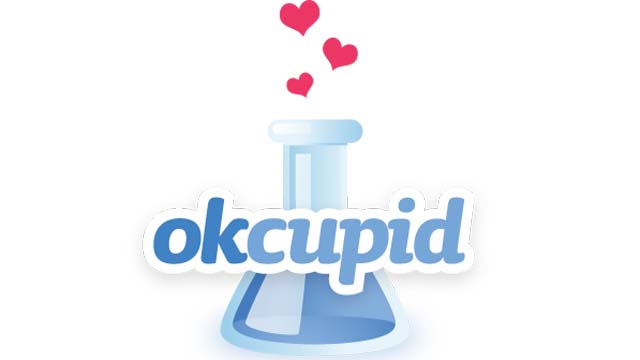Technology & Innovation
All Stories
Car companies are turning to a powerful and cheap source of advertising: young social-media influencers who have strong online followings.
Why are countries clashing over the relative values of their currencies? Peter Dizikes at the MIT News Office examines the ideas behind a competitive money market.
“‘Quantitative easing’ is a pompous, uninformative term for a central bank’s buying debt in order to stimulate economic activity.” Judge Richard Posner criticizes new monetary policy.
Starting a company makes one a free market capitalist and libertarian, though finding the caring, higher purpose in the marketplace is another matter.
Inside the mind of Albert Gonzalez, America’s most notorious computer hacker. “Whatever morality I should have been feeling was trumped by the thrill.”
“China holds all those dollars while the US holds the key to what they will be worth. It is a Mexican stand-off in which we could all be hurt.” The Guardian reports.
“Google TV may change the boob tube forever. But does the Internet really make for must-see TV?” Kevin Sintumuang writes a love letter to his television set.
The world’s largest virtual real-estate deal took place this week on Second Life, a virtual world where people spend real money. The fictitious property went for $335,000.
Creating clean energy jobs is the wrong way to undo the recession, says Forbes’ Mark Mills. Today’s energy infrastructure represents a minor section of the American economy.
Will Facebook’s plan to give its users @facebook.com email accounts rival Google’s Gmail? Tech Crunch thinks Facebook could do a better job at organizing the inbox.
Last week, Big Think blogger Frank Jacobs featured “The United States of Movies,” on his blog Strange Maps. The map, originally posted Reddit, assigned a movie to every U.S. state […]
Spiegel interprets envy and egotism at this year’s G-20 summit as a sign the days of close cooperation among the world’s big 20 economic powers may have ended.
How have advertising’s highly-paid creatives and suits reacted to a highly-successful coffee ad featuring Al Pacino that left them completely out of the loop? Read for yourself here.
A new bioplastic made from switchgrass is durable, capable of withstanding high temperatures, and, most importantly, biodegradable. Could this technology placate critics of corn-based alternatives?
As companies look for scalable ways to store their data, cloud computing appears more attractive than ever. The industry is receiving a good amount of venture capital.
The Federal Reserve’s planned injection of $650 billion into the Treasury is creating investment where there otherwise wouldn’t be. In other words, a bubble, says Jesse Eisinger.
“Pornography is dangerous to children because it creates an artificially sexualised atmosphere for adults.” This blurs the boundaries of acceptable sexual conduct, says Sigrid Rausing.
Harvard labor economist Richard Freeman says American labor laws are hopelessly behind the times and that New Deal gains no longer fit the economy of 2010.
Each device that connects to the Internet is assigned an I.P. address, but we are quickly approaching the numerical 4.3 billion limit. The Daily Beast on possible solutions.
The bipartisan deficit commission has recommended cutting Medicare, Social Security and defense spending. It reads like a report from Mars, says economist Dean Baker.
Earlier this week we talked about whether or not a brothel for women would be profitable. In that post, I argued that it is men’s willingness to engage in sex […]
The gap between rich and poor in the U.S. is bigger than at any time since the 1920s. The L.A. Times asks: Is that really what most Americans want?
Tens of millions of people live, work and play in virtual worlds where anything goes. Greg Lastowka thinks we need to police these lawless frontiers.
As our lives become ever more virtual, retailers are betting there will be increasing demand for virtual goods as well. In the future, gaming and retail will be a fully integrated experience.
Men who begin their online dating messages with “Howdy” have around a 40% better success rate than those who start with “Hey,” says Sam Yagan, CEO of dating site OkCupid, […]
“A startup called RockMelt on Sunday launched the beta version of an entirely new type of Web browser with an impeccable pedigree.” The Daily Beast reports.
If Republicans want to slash the federal budget to reduce national debt, they should cut America’s massive military spending, says The Economist’s Democracy in America blog.
Responding to Zadie Smith’s recent criticism of Facebook, Jonah Lehrer says online networks are evidence of our humanity—our drive to be social with one another.
One frequent question I get is whether we can break the light barrier—because unless we can break the light barrier, the distant stars will always be unreachable.
In the wake of the global financial meltdown, economist Bernard Lietaer thinks communities should consider creating their own alternative currencies.







